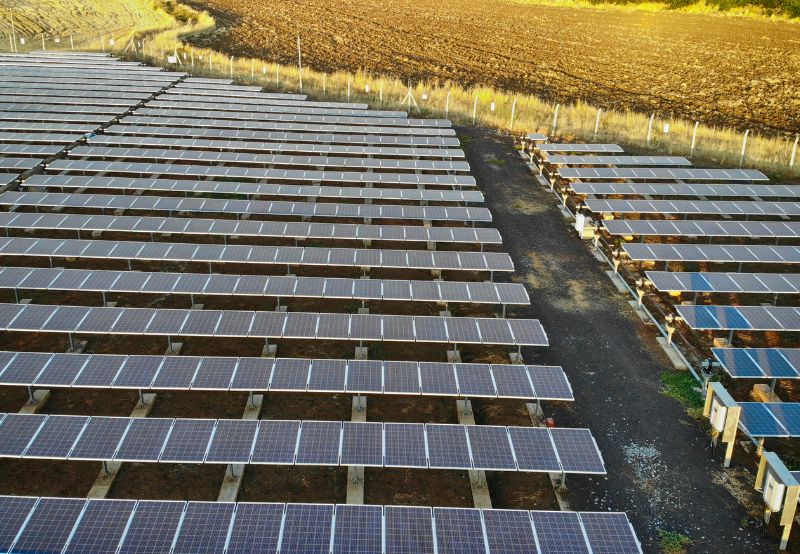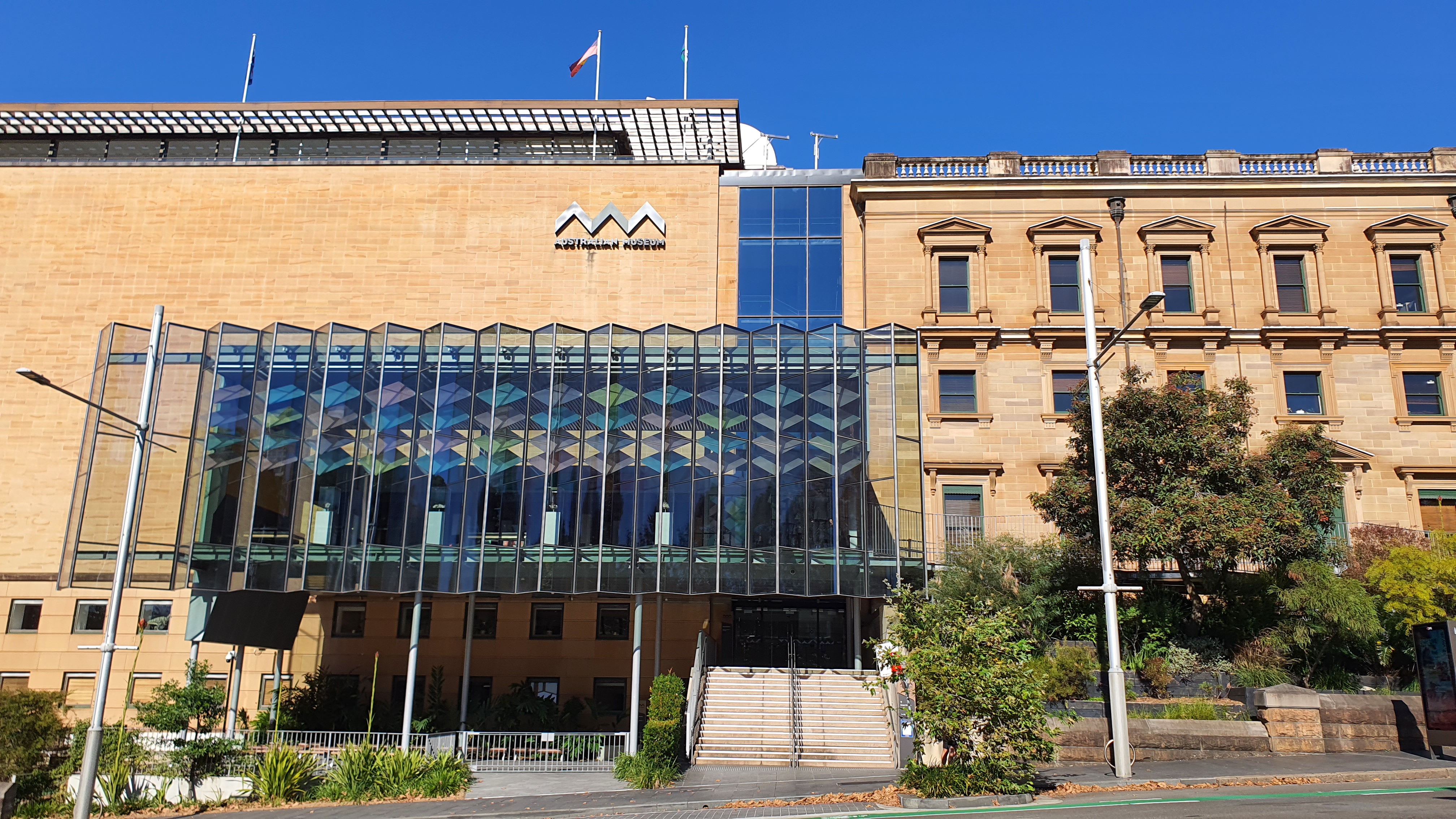STORY HIGHLIGHTS
- An event, convened during the UN Biodiversity Conference in Montreal, Canada, sought to help countries estimate the value of natural capital and biodiversity and explore related data challenges and policy implications.
- Another event discussed the Nature for Climate Adaptation Initiative, which enhances capacity for nature-based climate solutions implementation, focusing on rights-based, inclusive approaches.
- Other events addressed the ASEAN Comprehensive Recovery Framework and the CBD Secretariat’s planning of a Knowledge Management for Biodiversity Initiative, to facilitate implementation of the knowledge management component of the post-2020 Global Biodiversity Framework.
Assessing progress and sustainability through conventional economic measures, such as gross domestic product (GDP), fails to capture the value of nature or the long-term sustainability of human activity, and many are calling for a more inclusive measurement of wealth, one that measures the assets that underpin human well-being. This was the message of a side event held during the UN Biodiversity Conference (CBD COP 15) in Montreal, Canada.
The 10 December event themed, ‘Inclusive Wealth as a Measure of Sustainability and Equity,’ took a deep dive into the concept of inclusive wealth. The event sought to help countries estimate the value of natural capital and biodiversity and explore related data challenges and policy implications.
Inger Andersen, Executive Director, UN Environment Programme (UNEP), said while GDP has historically been considered a sufficient measure of wealth and well-being, it does not account for negative externalities, including environmental damage. She described UNEP’s Inclusive Wealth Index (IWI) as the organization’s flagship response to the “Beyond GDP” movement.
Pushpam Kumar, UNEP, introduced the Inclusive Wealth Report 2022, which finds that many parts of the Global South are consuming beyond their means, and natural capital is declining, which is likely inducing inequality. He recommended, among other actions: investing in sustainable natural capital; developing a strong community of practice with capacity in data and methodology; and engaging with financial institutions, treasuries, and development sectors.
During a panel session, the US said his country is working towards connecting environmental and economic indicators with natural capital accounting. The World Bank cited the report titled, ‘The Changing Wealth of Nations 2021: Managing Assets for the Future,’ which aims to get natural capital on all countries’ balance sheets. The Global Environment Facility (GEF) called for integrating inclusive wealth into all decision-making levels, and noted its work to allocate funds to recipient countries by considering alternatives to GDP.
The event was organized by the International Institute for Sustainable Development (IISD), International Development Research Centre (IDRC), and UNEP.
Another event held on 10 December discussed nature-based climate solutions (NBCS) and the Nature for Climate Adaptation Initiative (NCAI) – funded by Global Affairs Canada and implemented by IISD in partnership with an NbS community of practice – which enhances capacity for NBCS implementation, focusing on rights-based, inclusive approaches. The event examined how to generate measurable biodiversity co-benefits through NBCS, and explored the challenges and opportunities in scaling up NBCS, addressing the core themes of social inclusion, gender equity, and biodiversity co-benefits.
An event, convened by the Association of Southeast Asian Nations (ASEAN), focused on the ASEAN Comprehensive Recovery Framework – a roadmap to ensure the region’s biological resources are sustainably managed. It highlighted that at least 50% of ASEAN member States are on track to achieve the Aichi Biodiversity Targets, which can help identify areas to scale up efforts to maximize regional contributions to achieving the post-2020 global biodiversity framework (GBF).
Another side event delved into the Convention on Biological Diversity (CBD) Secretariat’s planning of a Knowledge Management for Biodiversity (KM4B) Initiative to facilitate implementation of the knowledge management component of the GBF, to enable biodiversity planning, policy formulation, decision making, and implementation processes. It provided an opportunity for partners to learn about the KM4B Initiative and how they will be able to participate in and contribute to its proposed projects. The KM4B will enhance synergies and collaboration among biodiversity-related conventions and organizations on knowledge management and support Indigenous Peoples and local communities (IPLCs) and other stakeholders, including the private sector, to create their own collaborative networks and knowledge exchange programmes.




